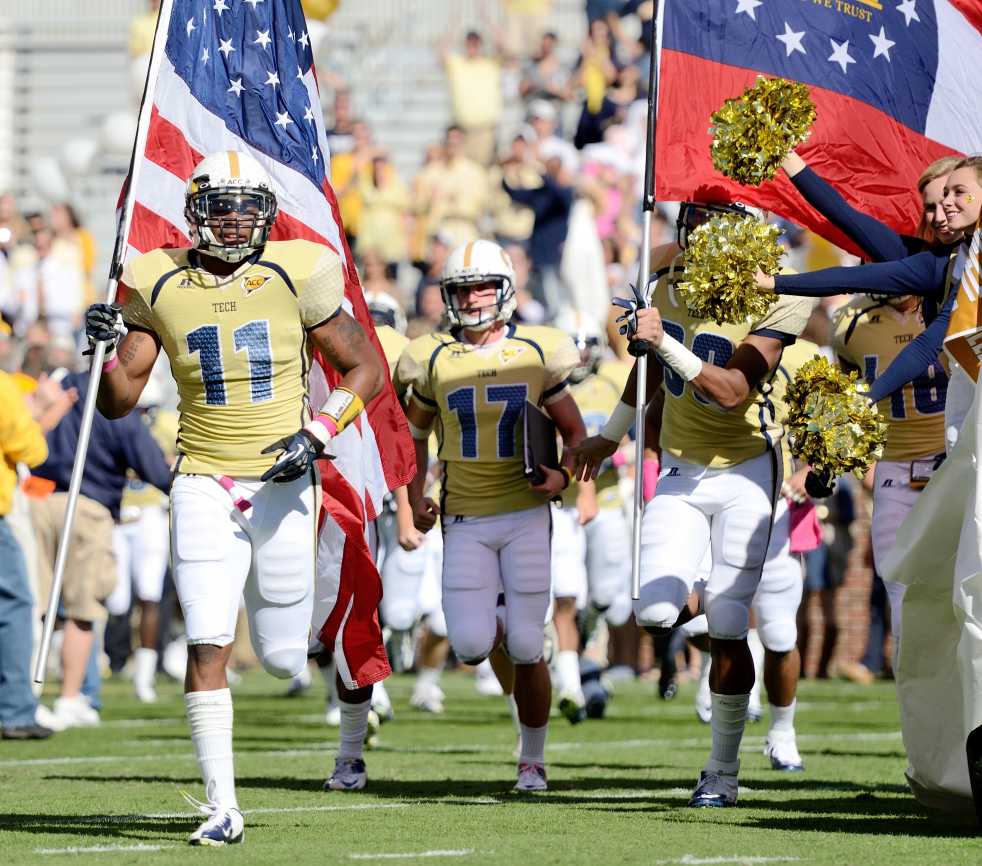Every year colleges bring in millions and millions of dollars from college athletics. In 2011, The University of Texas had an athletic revenue of $163.3 million. The University of Michigan had an athletic revenue of $130.3 million. How much of this money was going directly to the players? None. Whether or not collegiate athletes should get paid or not has been a hot topic in the sports world lately. Obviously most athletes think they should get paid, but the NCAA and most institutions think otherwise. In this case, I think the NCAA is right, and it’s not just because they are being greedy.
I just think that the scholarship is the proper form of compensation
Although athletes aren’t receiving any of the money directly, a majority of them, at least the ones who people pay to come see anyway, are on full scholarship. In 2012, the average student graduated with $27,000 of debt. These scholarship athletes don’t have to worry about repaying debt when they graduate because their tuition is already taken care of. Even though they aren’t getting a direct paycheck for the revenue they generate for the school, they are still receiving a financial benefit from being an athlete. Many of these athletes may not be able to even afford to go to college if it weren’t for the scholarships. As the NCAA has let us know through various television commercials, most of these athletes will be going pro in something other than sports, so providing them with away to attend college will most likely have a huge impact on their future success.
One of the biggest challenges in deciding if the players should get paid or not is determining how much the players should get paid. Should players only get paid enough to cover living expenses that the scholarships don’t cover? Should colleges be able to pay the players as much as the college wants to? Would a linebacker get paid as much as the quarterback? These are all questions that are very difficult to answer. If schools were able to pay the players as much as they wanted, recruiting may turn out to be an all out bidding war over 18 year old kids. If Texas was able to offer a player $100,000 a year, but LSU only had the budget to offer the kid $50,000 a year, where do you think the kid is going to end up? I think it would be an absolute tragedy to see players choosing schools for the money instead of other important things like quality education, proximity to home and how comfortable they feel around the coaches.
When it comes to this debate, I think what may justify athletes not getting paid the most is the fact that they aren’t being forced to play the sport. If they don’t think it’s fair that they aren’t getting paid, they don’t have to play. They aren’t just slaves that the college is using to generate this revenue, although some may feel that way after morning workouts. The players know that that an athletic scholarship is valuable and that what they are receiving in return for their contribution to the college is a good deal, which is why they continue to play in college even when they aren’t getting paid directly.
In the end, I do believe that athletes deserve some kind of compensation for the time they put into their sports and the revenue they generate for the school, I just think that the scholarship is the proper form of compensation. Once you get actual money involved, the battle between colleges fighting for high school athletes could become a lot nastier than it already is.
